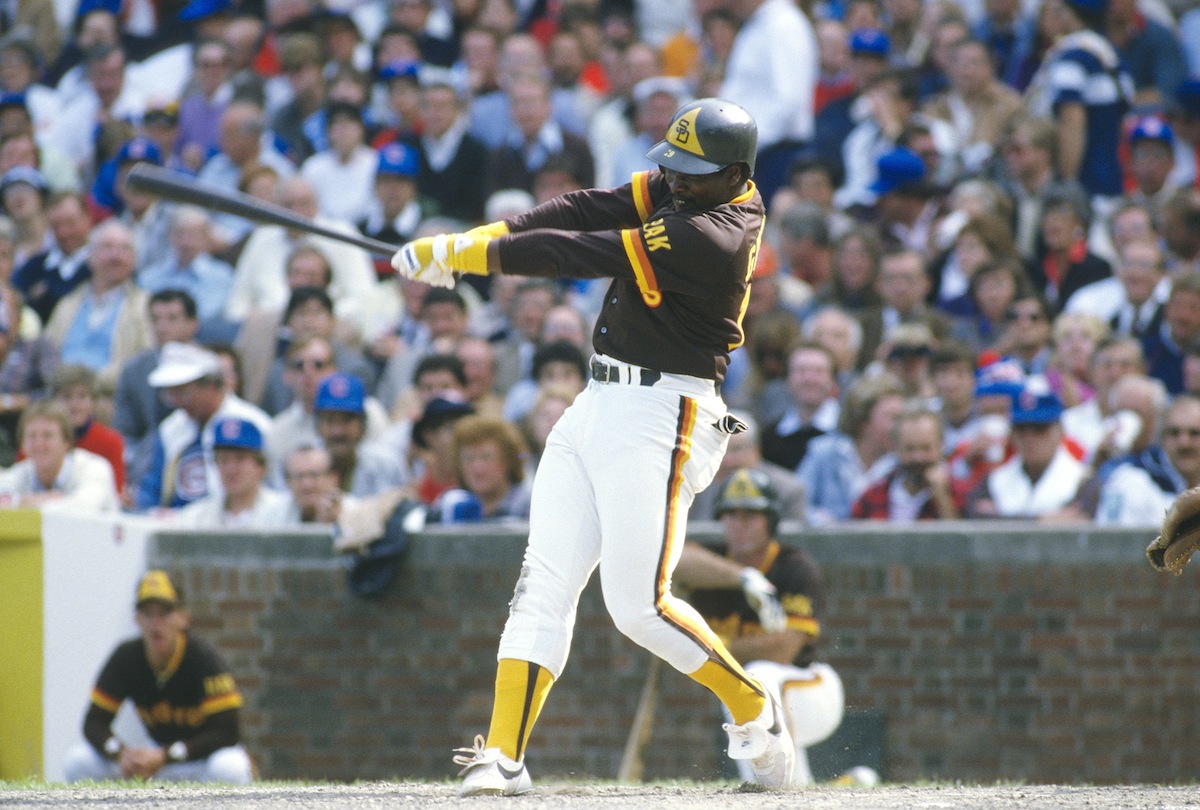
Since the very first issue of TIME, the Milestones section has marked important moments of the week and celebrated the lives of those who died recently. Staffers, critics and those who knew the late, great figures share what made those people special. Here are a few of 2014’s most notable Milestones obituaries for the people who defied categorization.
Lawrence H. Summers on Gary Becker: “Before Becker, economics was about topics like business cycles, inflation, trade, monopoly and investment. Today it is also about racial discrimination, schooling, fertility, marriage and divorce, addiction, charity, political influence–the stuff of human life. If, as some assert, economics is an imperial social science, Gary Becker was its emperor.”
Read the full remembrance here
David Von Drehle on Ben Bradlee: “Benjamin Crowninshield Bradlee–the storied former editor of the Washington Post, whose leadership in the era of Watergate and the Pentagon Papers was recognized with the Presidential Medal of Freedom last year–exuded charisma like the bow wave of a vintage Chris-Craft motor yacht.”
Read the full remembrance here
Richard Corliss on Al Feldstein: “If you were a kid in the 1950s and you got nightmares from a horror comic book, you have Al Feldstein to blame. If you were a kid in the ’60s or ’70s, giggling at Mad magazine’s prankster wit, you have Feldstein to thank.”
Read the full remembrance here
Bryan Walsh on Jim Frederick: “While TIME’s Tokyo bureau chief in 2005, he co-wrote the autobiography of Charles Jenkins, an American soldier who wandered across the de-militarized zone during the Korean War, and who was held captive for half a century. It was the story every reporter in Japan wanted to get—filling in for him in Tokyo while he wrote the book, I used to field calls from Japanese TV networks desperate to interview him—and Jim had it. He always did.”
Read the full remembrance here
Sam Roberts on David Greenglass: “Greenglass was remorseless when we spoke, still convinced that ‘as long as they had something over my head about my wife and my family, they could probably get me to do anything that would preserve them … And most men would do that.'”
Read the full remembrance here
Ozzie Smith on Tony Gwynn: “Tony studied not only the mechanics of the opposing pitchers but also their patterns: when they were going to throw breaking balls, when they were going to throw fastballs. At the end of the day, that didn’t matter all that much, given how well Tony saw the ball.”
Read the full remembrance here
Look Back at Hall of Famer Tony Gwynn: 1960 - 2014
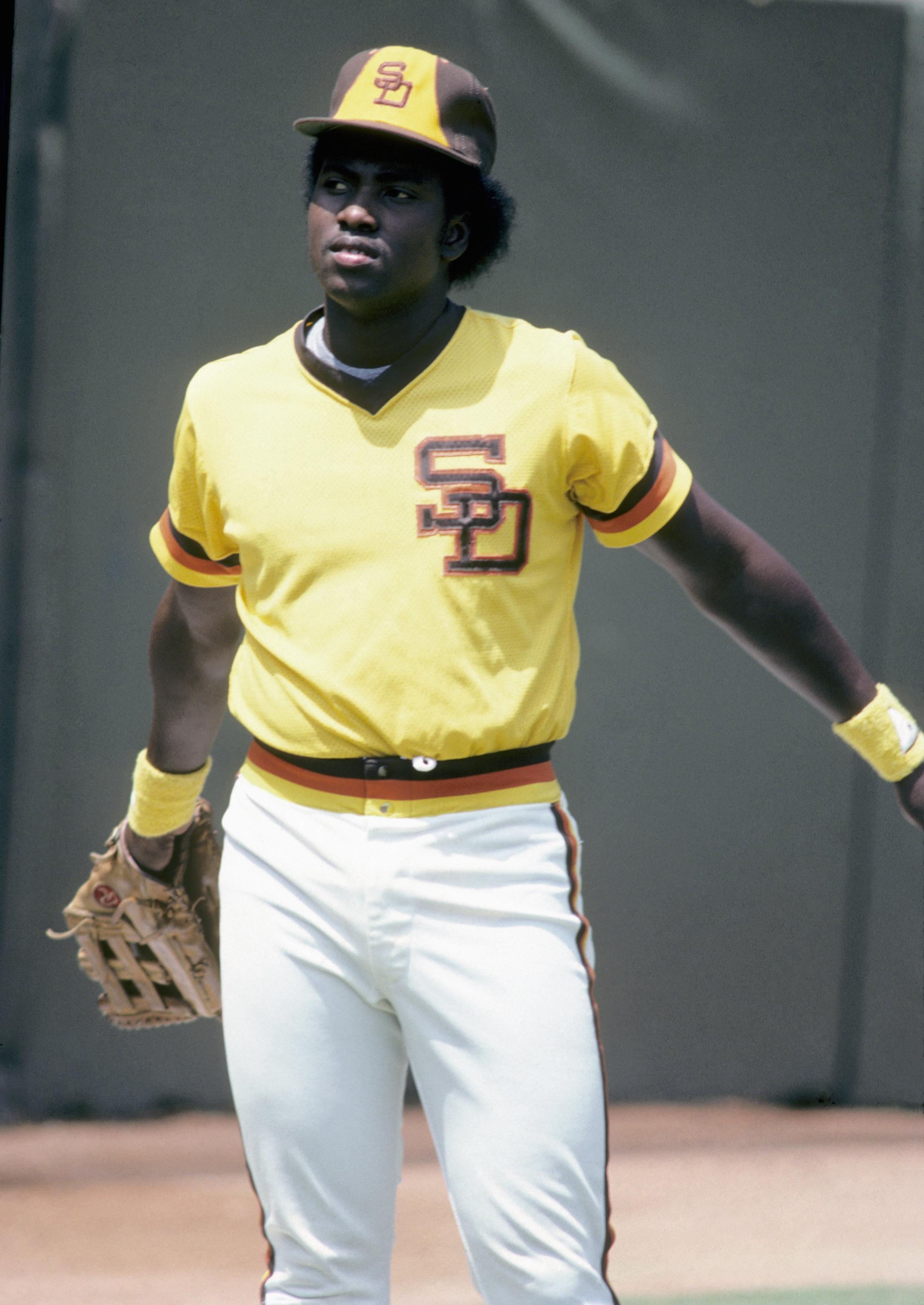
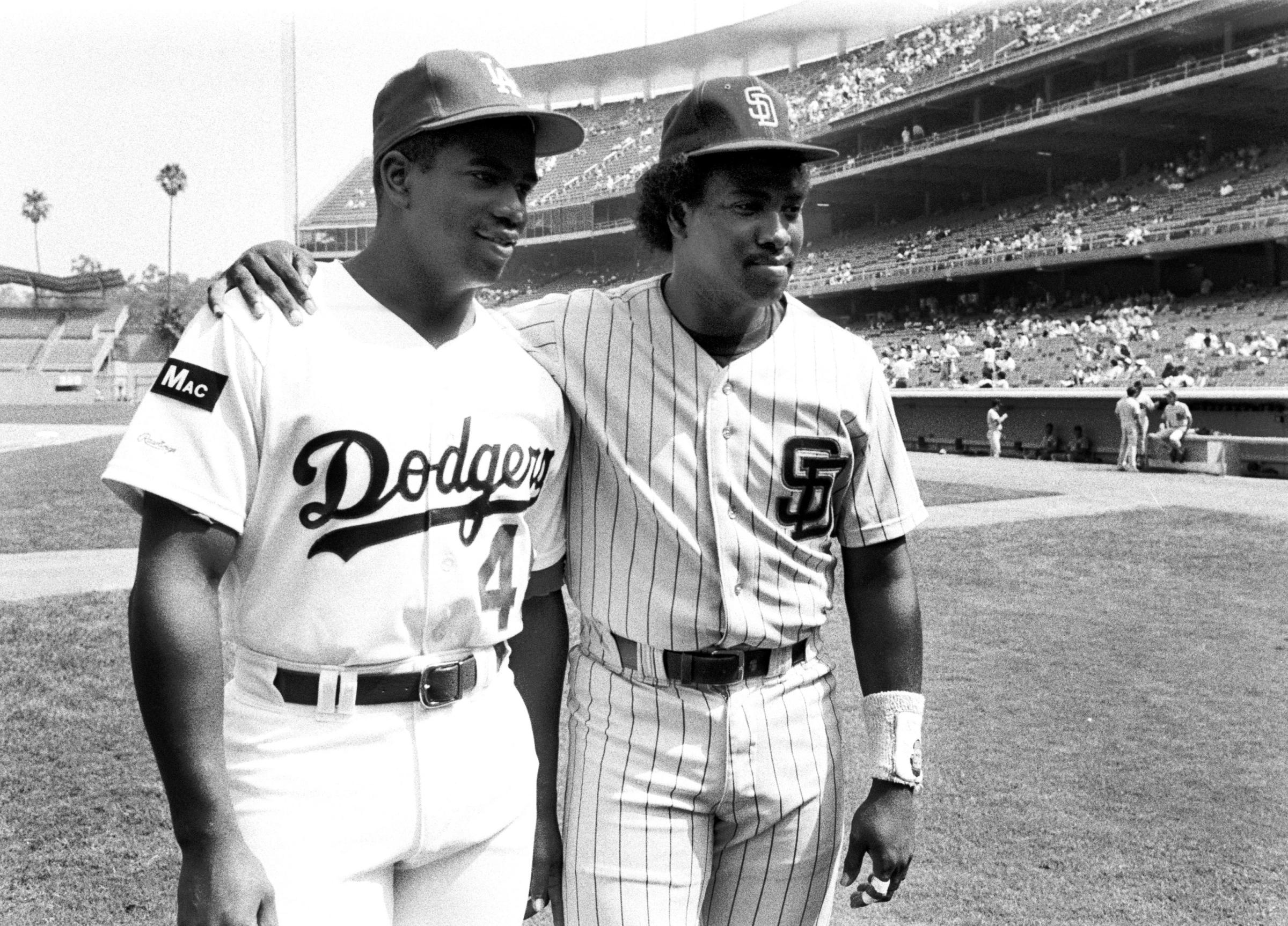
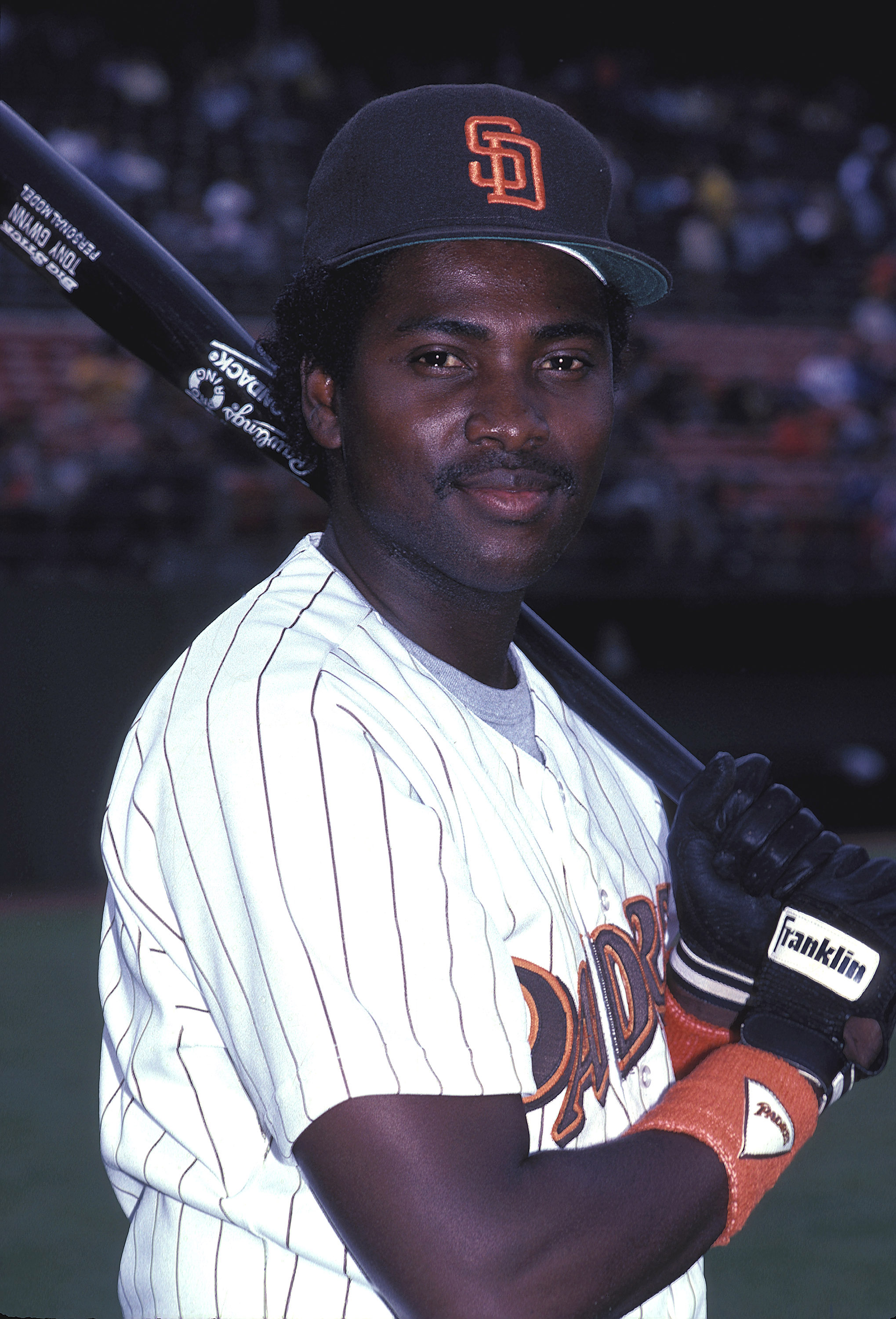
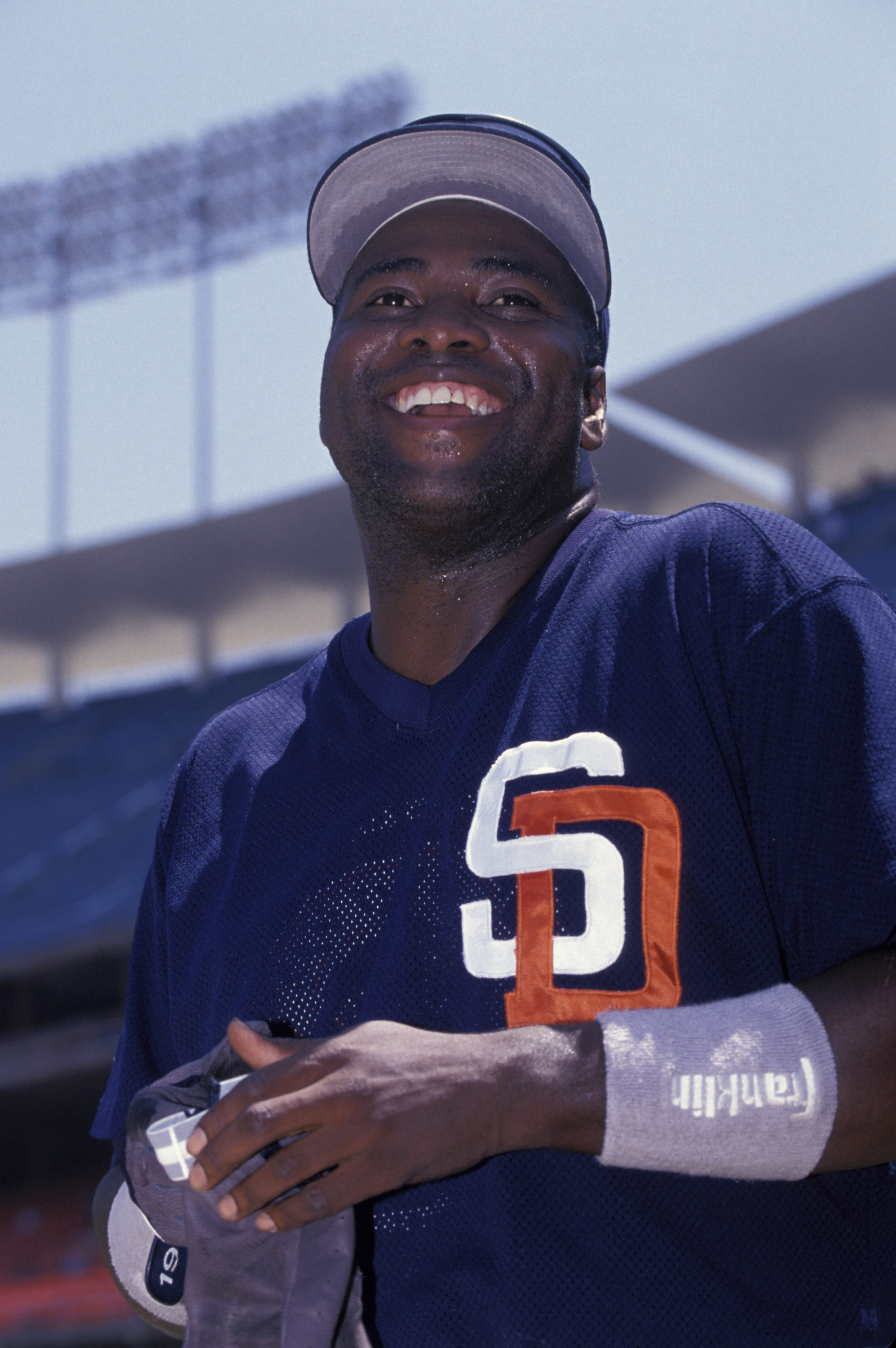
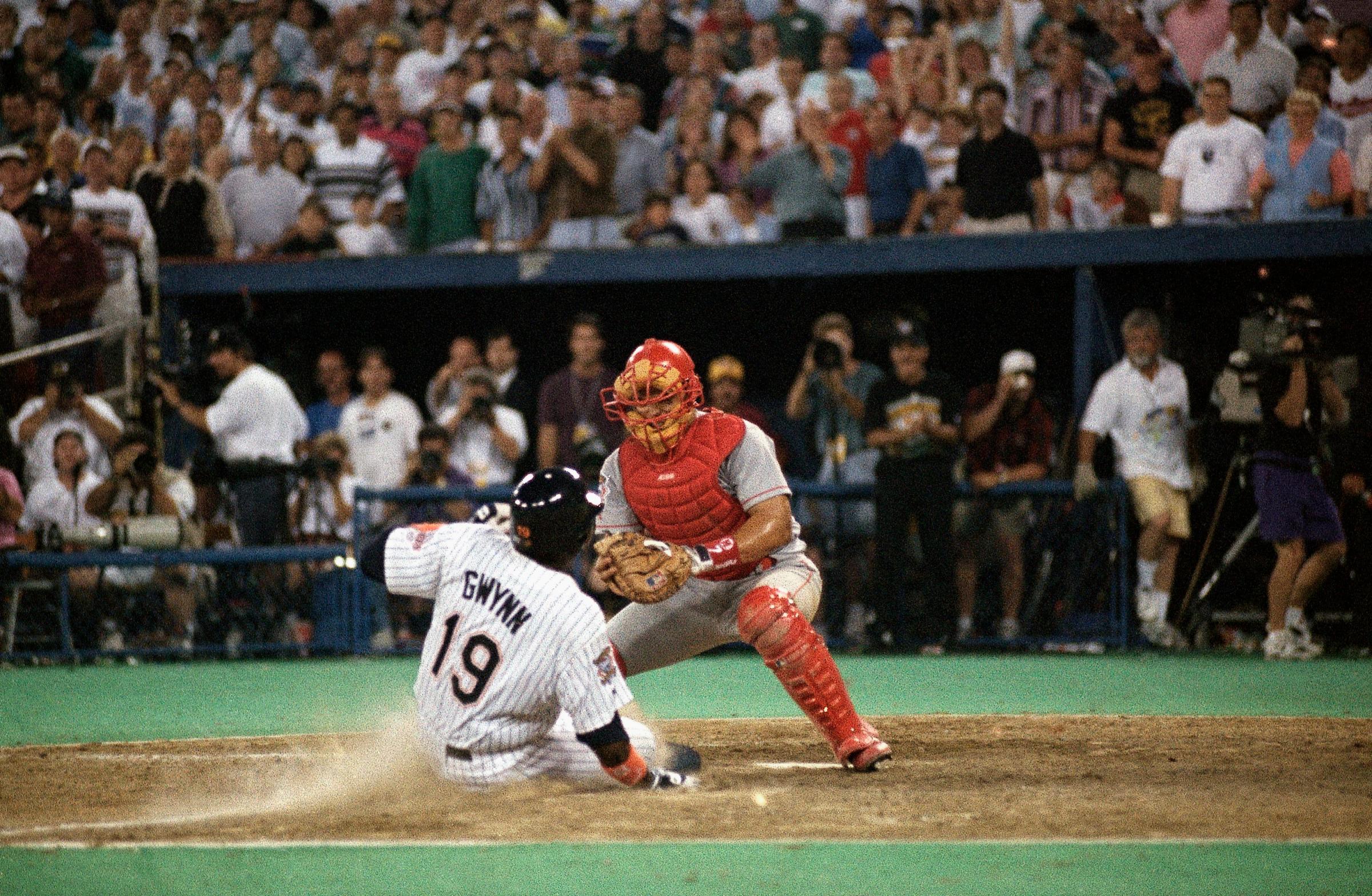
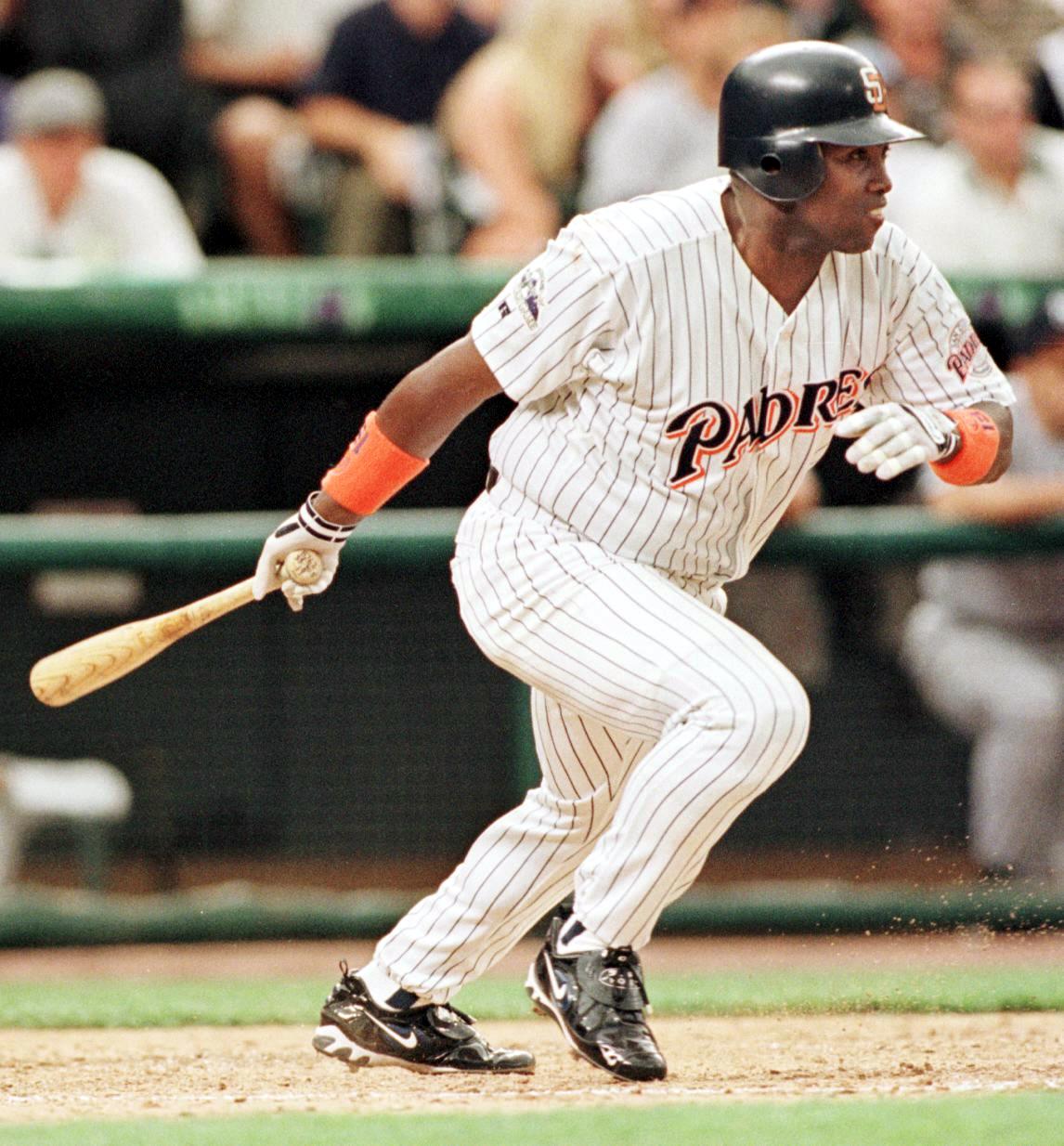
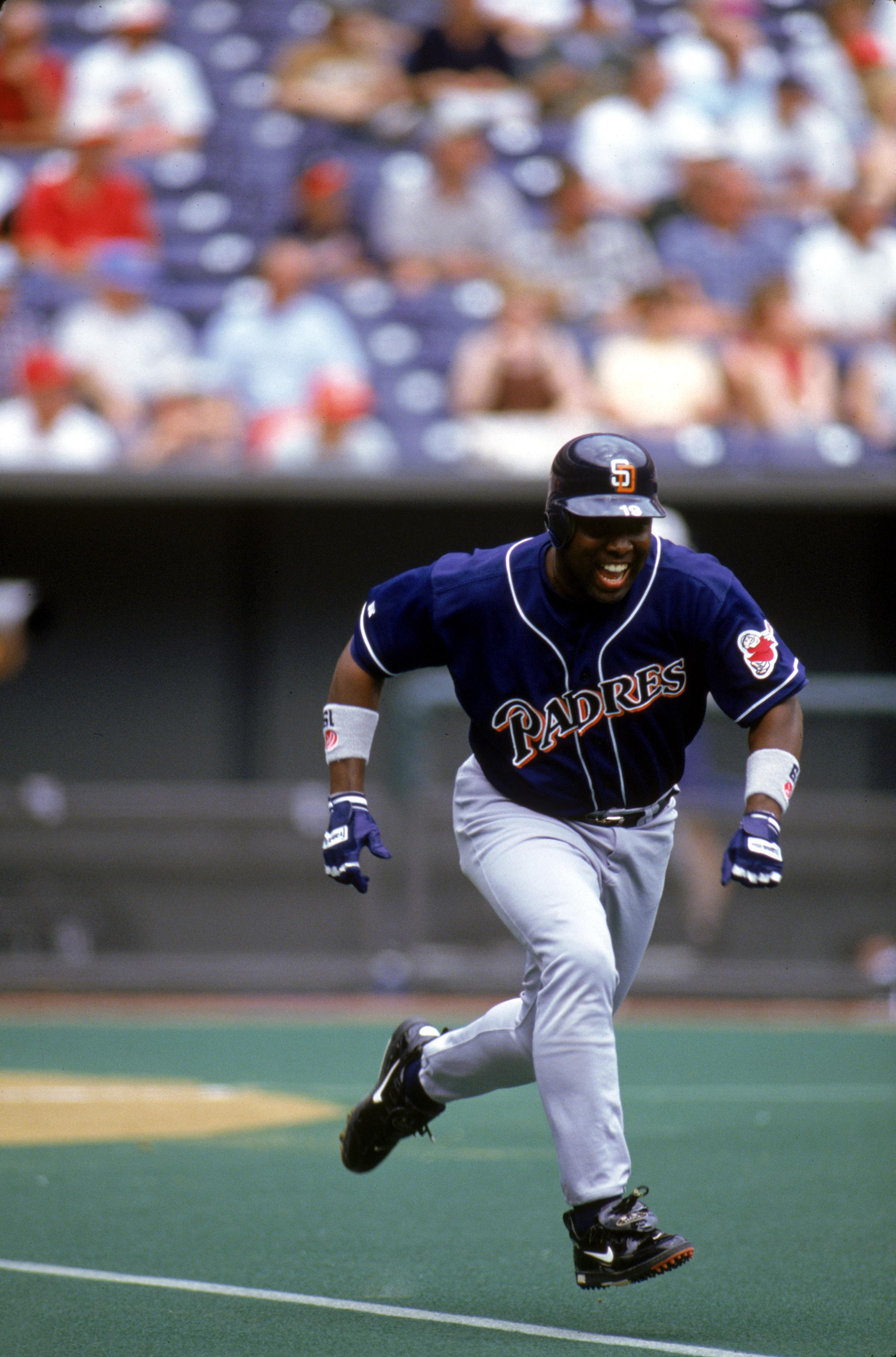
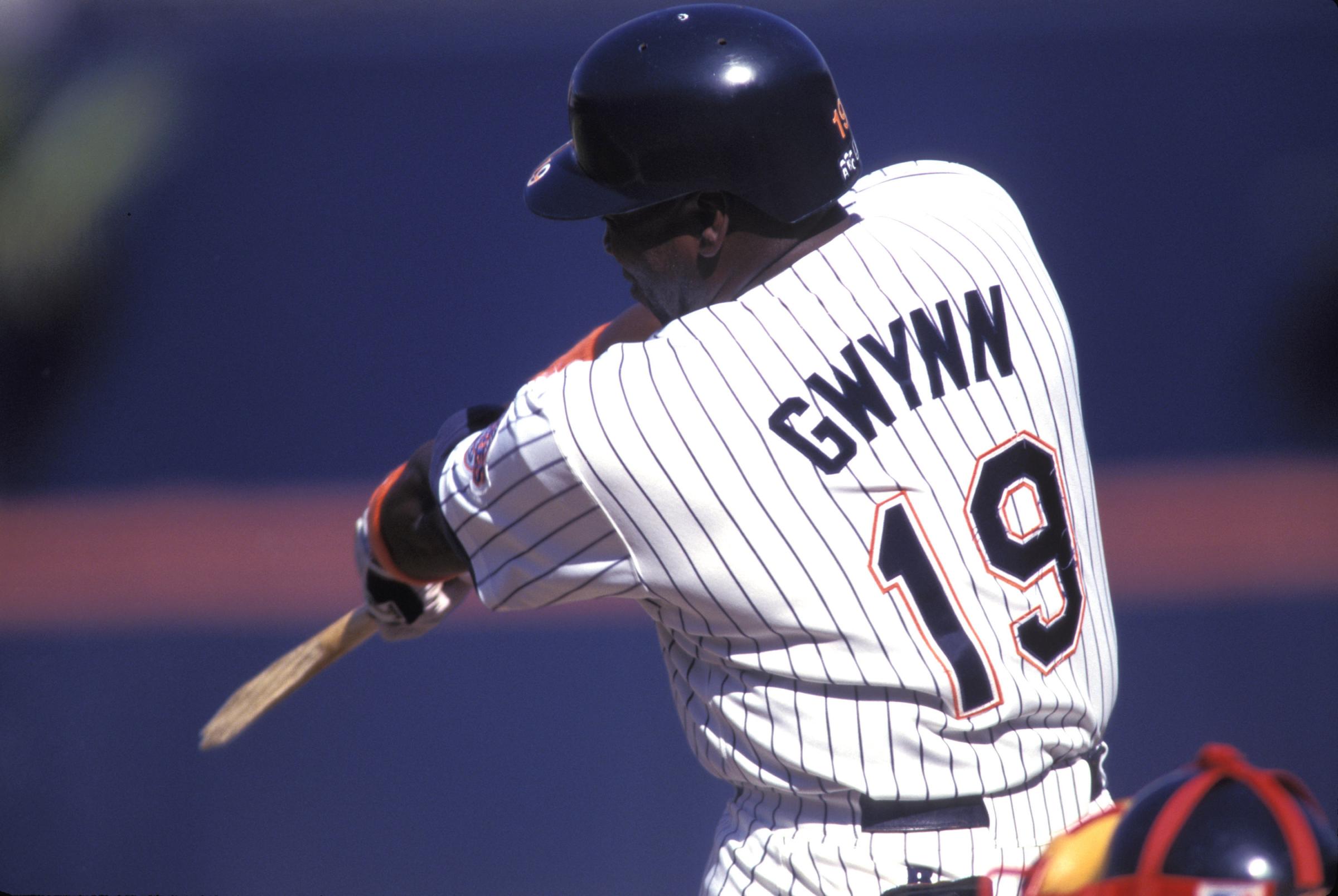
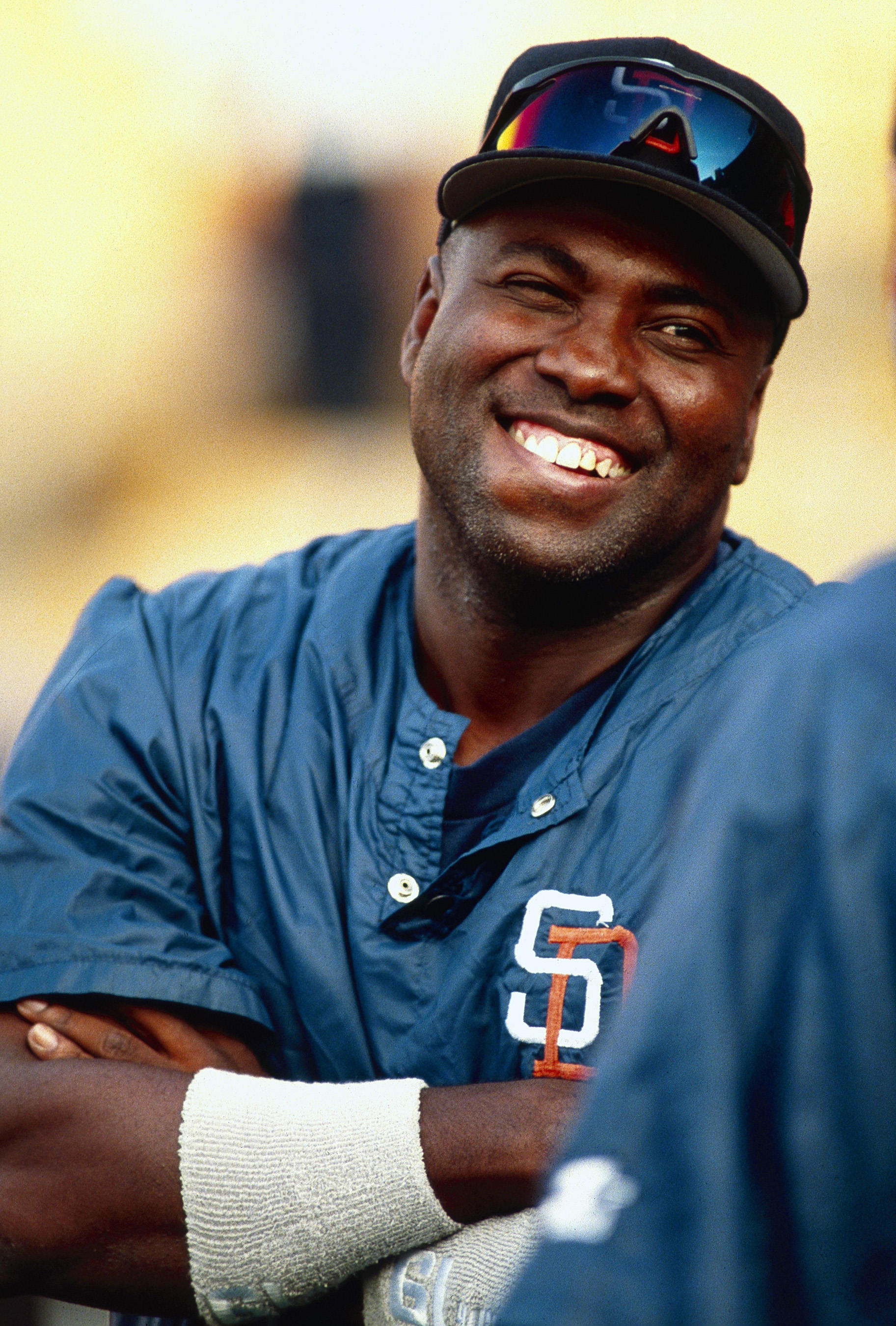
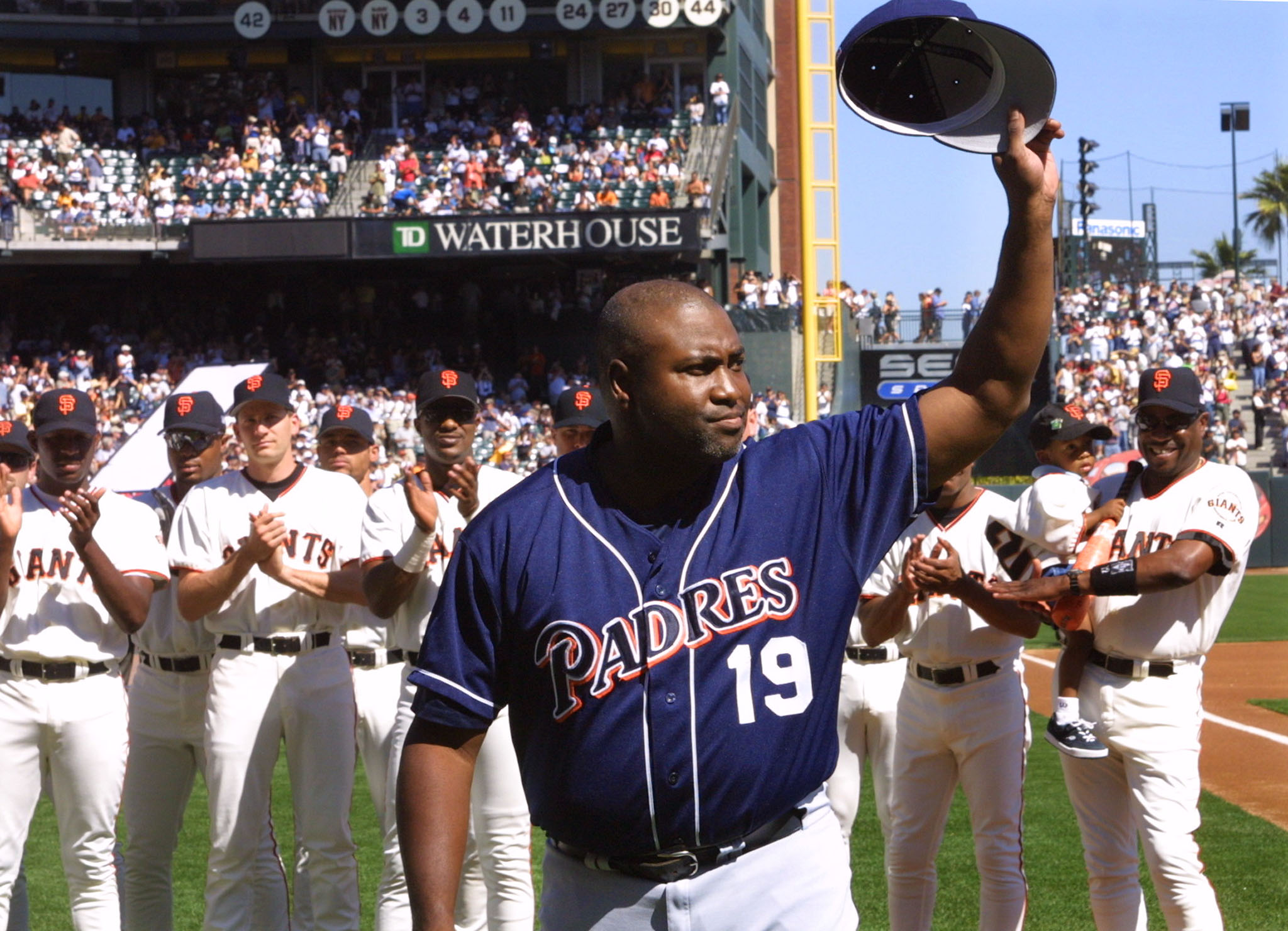
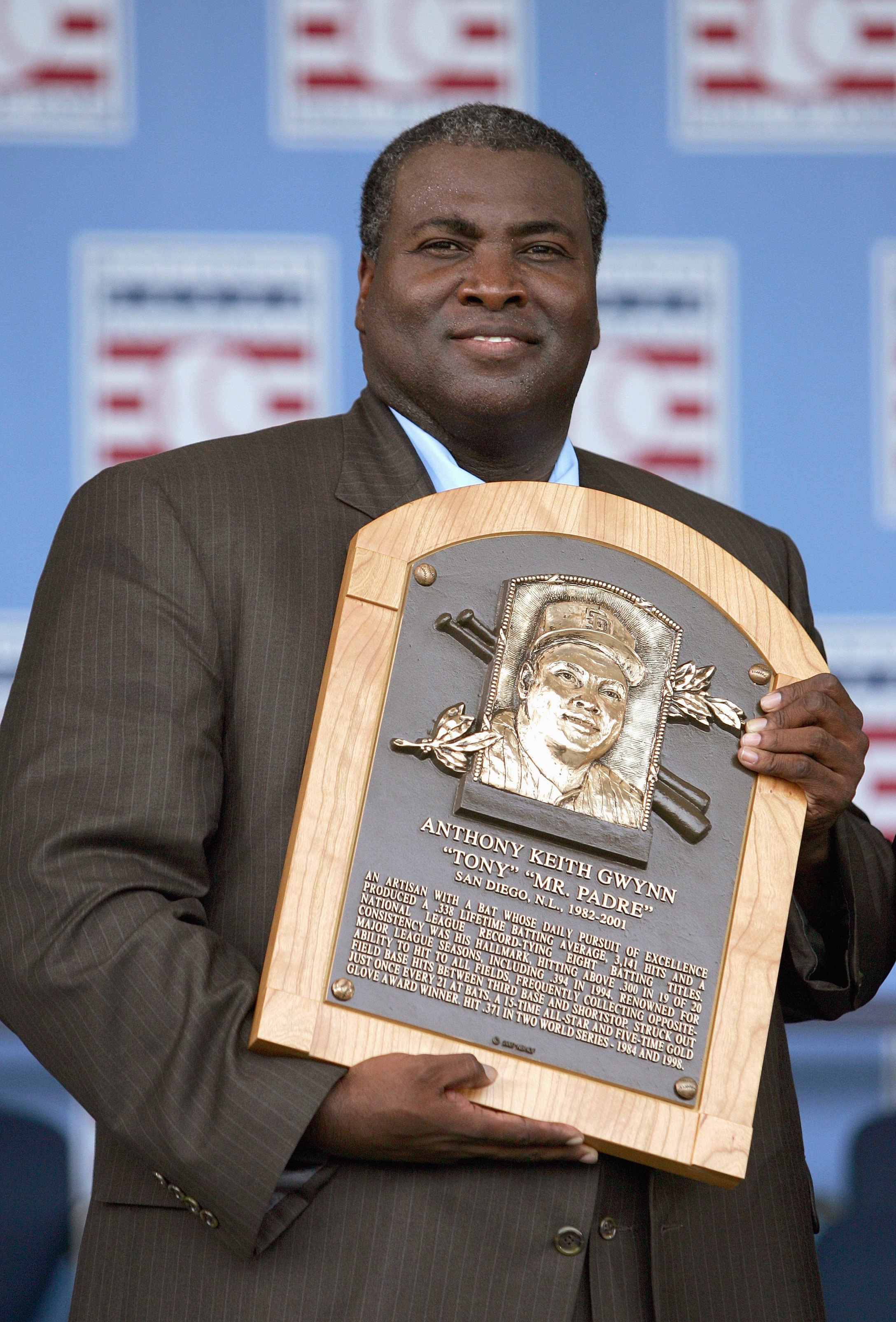
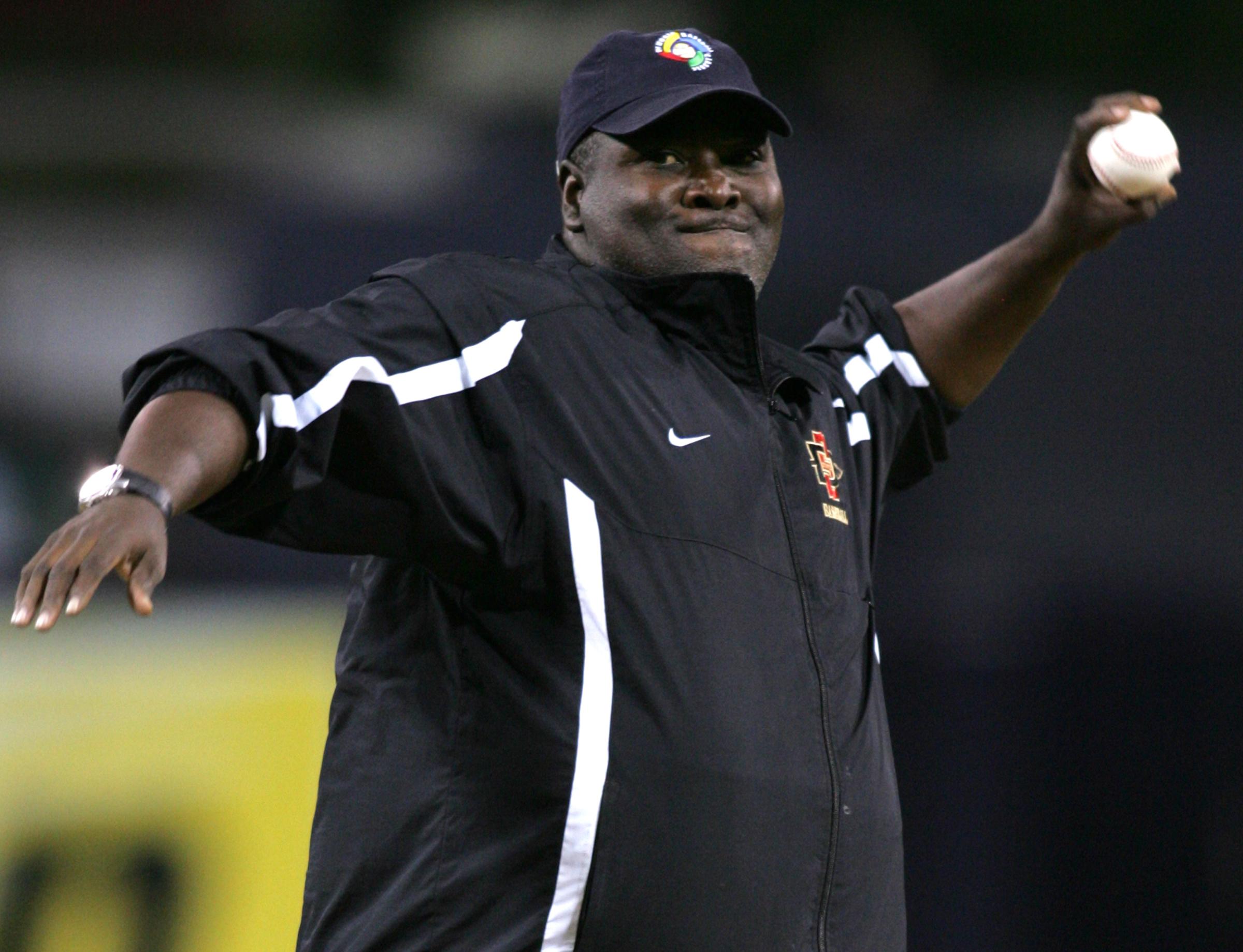
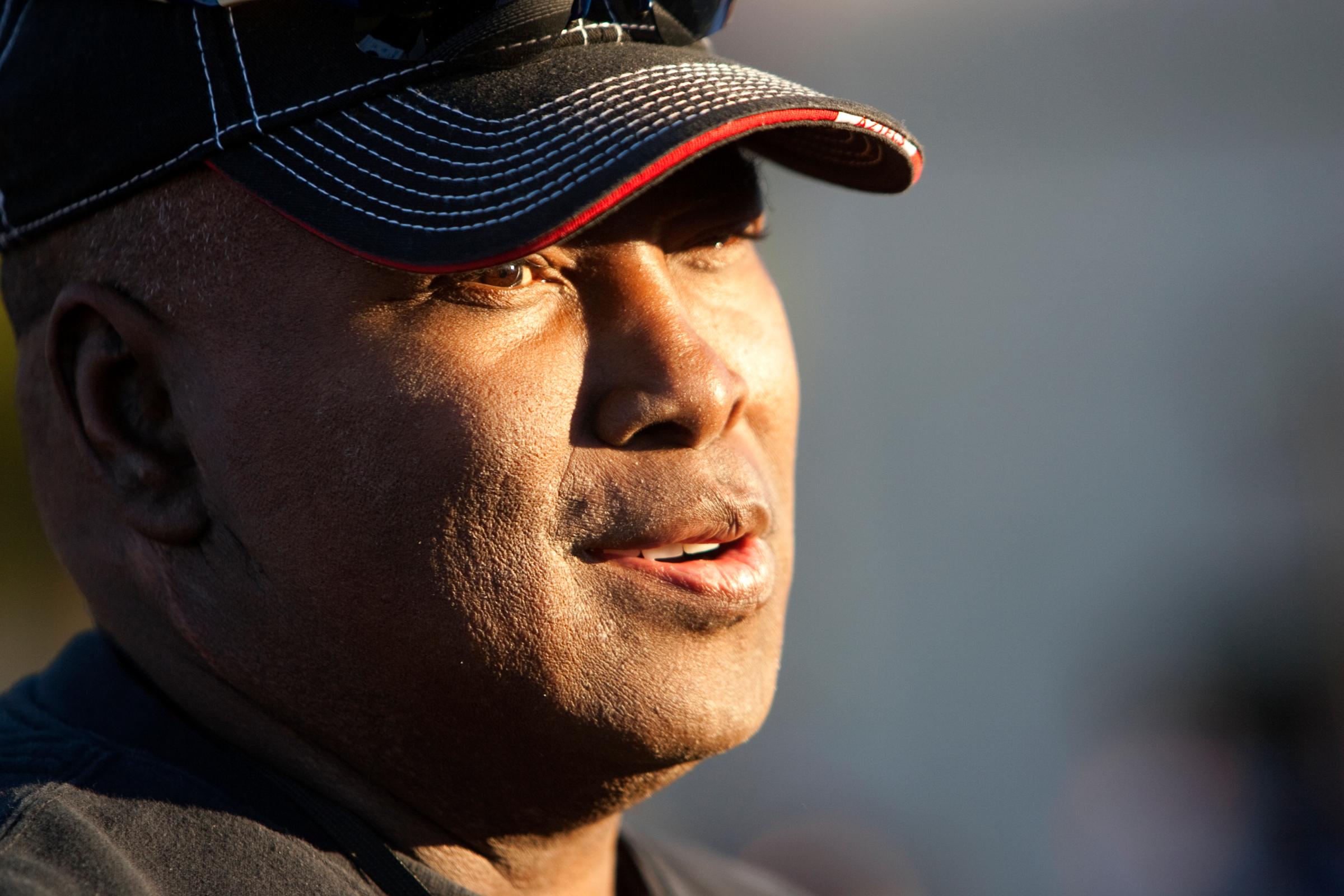
Eric Dodds on Zander Hollander: “Sports statistics are practically unavoidable today. They are available on your television, your computer, even in the palm of your hand. Not so long ago, that was far from the case. When Zander Hollander‘s first Complete Handbook guide was published in 1971, it was a revelation for voracious sports fans.”
Read the full remembrance here
Lily Rothman on Stephanie Kwolek: “As she toiled in the lab, she noticed that one mixture of a polymer and a solvent looked different from the rest. Instead of assuming she’d made a mistake, she was curious and followed up on her observation. When her formula was spun into fiber, it proved to be five times as strong as steel. DuPont called it Kevlar.”
Read the full remembrance here
Peter Sagal on Tom Magliozzi: “All that raucous, distinctive laughter–who knew you could laugh with a Boston accent?–was genuine. Whether Tom, who died on Nov. 3 at age 77, was laughing at his brother or a caller with a car problem or his own silly jokes, his pleasure was too immense to be kept private. Everybody knows that their radio show Car Talk wasn’t about cars.”
Read the full remembrance here
Nate Rawlings on Sherwin Nuland: “During his 30 years as a surgeon and professor at Yale, Sherwin Nuland was on the front line of the battle against death, a formidable, and in the end always overpowering, enemy.”
Read the full remembrance here
David Von Drehle on Fred Phelps: “Ordinarily, such a despicable man would not make much of a stir by dying. But Phelps was different from the garden-variety grinch in one important way: he had a thirst for notoriety and a genius for getting it. His so-called Westboro Baptist Church–which was not in any meaningful sense “Baptist” or even a “church”–was a brutal but highly effective tool for gaining the attention of the world’s media.”
Read the full remembrance here
More Must-Reads from TIME
- Why Trump’s Message Worked on Latino Men
- What Trump’s Win Could Mean for Housing
- The 100 Must-Read Books of 2024
- Sleep Doctors Share the 1 Tip That’s Changed Their Lives
- Column: Let’s Bring Back Romance
- What It’s Like to Have Long COVID As a Kid
- FX’s Say Nothing Is the Must-Watch Political Thriller of 2024
- Merle Bombardieri Is Helping People Make the Baby Decision
Write to Lily Rothman at lily.rothman@time.com